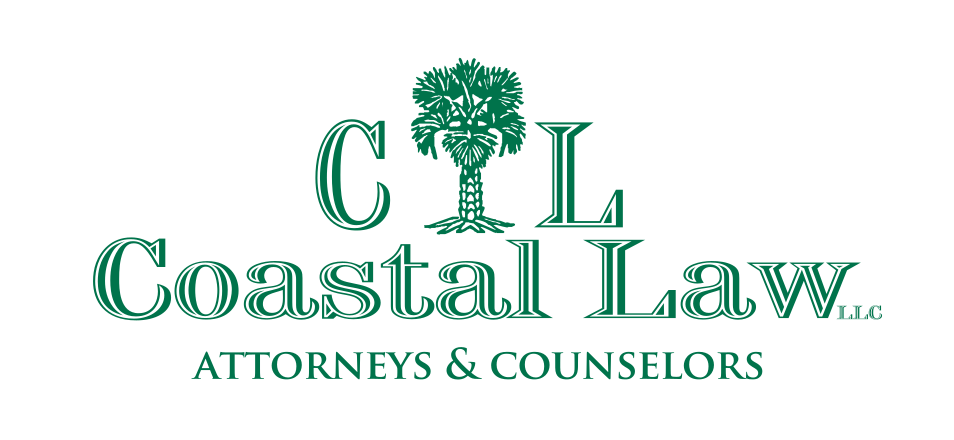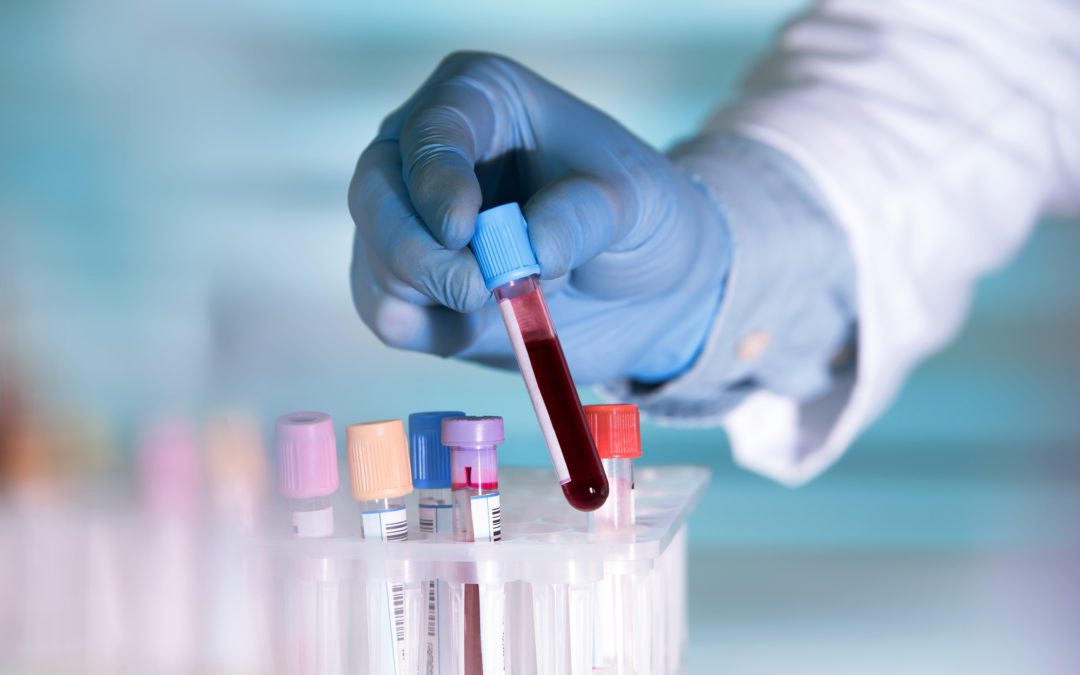You may already know that, when you are being arrested for a DUI in SC, you can (and usually should) refuse the breathalyzer test. But what about a blood test? Can you refuse a blood test in SC?
In Sanders v. SCDMV, the SC Supreme Court upheld an implied consent license suspension where 1) a nurse at the hospital told the officer Sanders couldn’t take a breathalyzer because he would not be released in time; and 2) the court allowed the officer to testify as to what the nurse told him, without requiring the nurse to testify in person.
Isn’t it hearsay if a police officer testifies as to what a nurse told him when the nurse is not in the courtroom and doesn’t testify?
The SC Supreme Court says no…
Can you Refuse a Blood Test When You are Charged with DUI?
You can refuse a blood test (unless police get a search warrant), just as you can refuse the breathalyzer, and the consequences are the same. If you refuse the blood test, or if you take it and the result is greater than .15, your license will be suspended under SC’s implied consent laws.
But when can an officer ask you for a blood sample? First, they must offer the breathalyzer test – unless there is an exception in the statute that allows them to go straight to the blood test.
The Officer Must Offer a Breath Test Before Asking for a Blood Sample
SC Code Section 56-5-2950 says that the officer must offer a breathalyzer test before attempting to take a blood sample from a DUI suspect:
A breath test must be administered at the direction of a law enforcement officer who has arrested a person for driving a motor vehicle in this State while under the influence of alcohol, drugs, or a combination of alcohol and drugs. At the direction of the arresting officer, the person first must be offered a breath test to determine the person’s alcohol concentration.
If the officer does not first offer the breath test, and you refuse a blood test, it is not a “valid refusal” for purposes of the implied consent laws, and your attorney may be able to get your license reinstated at the implied consent administrative hearing.
There are some exceptions, however, when the officer can go straight to a blood test.
When Is it Okay for the Officer to Not Offer a Breath Test?
SC’s implied consent law also says that an officer can request a blood sample without first offering a breath test when “the person is physically unable to provide an acceptable breath sample because the person has an injured mouth, is unconscious or dead, or for any other reason considered acceptable by the licensed medical personnel.”
In Sanders, the officer checked a box on a SLED form that said:
A blood sample is requested by the arresting officer because a licensed medical person has informed the officer that the subject is unable to take a breath test at this time due to any reason deemed acceptable by that licensed medical person.
It was signed by a registered nurse, but the form did not give the reason why the “licensed medical person” thought Sanders could not take a breathalyzer. Instead, the officer testified at the hearing that the nurse told him that Sanders “would not be able to get out [of the hospital emergency room] in a timely manner in order to provide that breath sample” – presumably, a valid reason because the breathalyzer must be taken within two hours of the arrest.
The officer then marked the form as “Refused,” although Sanders insists he has no recollection of the events at the hospital due to a head injury that he had just suffered in a car crash.
Is it okay for the officer to testify as to what the nurse told him? How is that not hearsay?
Sanders v. SCDMV – When Hearsay is Not Hearsay
The SC Supreme Court went to great lengths to explain why the officer’s testimony as to what the nurse told him was not hearsay, without giving any rational explanation for why the out-of-court statement, which was offered for the truth of the matter asserted, was not hearsay…
Was the Nurse Actually a Nurse?
The first hearsay question was relatively simple – was the nurse a “licensed medical personnel” (which includes a registered nurse) as required by the statute?
Setting aside any hearsay statements that the officer may have testified to on this question, the officer also testified as to his personal observations (that’s not hearsay):
…noting that she wore a hospital identification badge providing her name and title as an “RN,” and he saw her performing the duties commensurate with the position of an RN in the emergency room. These personal observations by the officer during his investigation are not hearsay and constitute admissible evidence of Nurse Albright’s status.
In the absence of a reason to believe that the nurse was an imposter, which is not likely, this was enough non-hearsay evidence to establish that she was, in fact, an RN who qualified under the statute.
Was the Nurse’s Out-of-Court Statement Hearsay?
The more troubling question is whether the reason the nurse gave for Sanders’ inability to take the breathalyzer was hearsay.
There was a SLED form, signed by the nurse, that quoted the language of the statute without actually giving a reason – “a licensed medical person has informed the officer that the subject is unable to take a breath test at this time due to any reason deemed acceptable by that licensed medical person.”
First, the SLED form itself, with the nurse’s signature affirming the boilerplate language in the form, is hearsay – if a drug report signed by a chemist is inadmissible hearsay, an implied consent form generated by SLED is no different…
But the officer also testified that the nurse told him the reason was “the inability for Sanders to be discharged from the emergency room within the two-hour time limit.” Did the nurse tell the officer that? We don’t know, because she didn’t testify and wasn’t subject to cross-examination…
As the Court stated, “[t]his Court has recognized that the South Carolina Rules of Evidence (SCRE) are applicable to driver’s license suspension hearings.” That means hearsay is inadmissible at an implied consent hearing.
If the statement was hearsay – “a statement, other than one made by the declarant while testifying at the trial or hearing, offered in evidence to prove the truth of the matter asserted,” then it is inadmissible. If it’s inadmissible, there was no evidence of an exception that would excuse the officer from first offering a breath test, the officer did not comply with the statute, and the blood test results are inadmissible.
So, the SC Supreme Court held that the out-of-court statements were not hearsay. Why?
First, they explain “the remedial purpose of the implied consent statute” and why it is so important that officers be allowed to take a blood sample (which has absolutely nothing to do with whether the nurse’s out-of-court statement was hearsay):
- Driving is a privilege and not a right;
- The purpose of the implied consent statute is to get the best evidence of a driver’s blood alcohol content (BAC);
- Implied consent suspensions promote traffic safety;
- You don’t have to submit to testing, but, if you refuse, your license will be suspended;
- You get a longer suspension if you refuse than if you take the test;
- A civil suspension is “distinguishable from the criminal prosecution on the DUI charge;”
- The officer is not required to question the nurse’s judgment or get a second opinion;
- Sanders didn’t testify that he would have taken a breath test, so why should the officer have to offer one;
- Sanders didn’t remember being asked to take a blood test anyway;
- The scope of an implied consent hearing is to test the conduct of the officer and not to question whether the nurse “was infallible in her determination;”
- The nurse signed the SLED report and Sanders signed the SLED report, so Sanders was “contemporaneously informed of” the nurse’s determination; and
- Sanders could have called the nurse as a witness himself. Apparently, an out-of-court statement is not hearsay when the defendant could have called the witness himself?
The SC Supreme Court did not give a single valid rationale for holding that the nurse’s out-of-court statements were not hearsay. Rather, they took 16 pages to explain why the need for public safety (and not inconveniencing hospital staff by forcing them to testify) is more important than the evidence rules…
It’s hearsay if the statement will decide the ultimate issue in a case – and here, it does. There’s a simple test for whether an out-of-court statement is offered for the truth of the matter asserted and therefore hearsay – change the statement to it’s opposite.
What if the nurse had said, “we can get this patient out of here in time to take a breathalyzer?” What if the nurse had checked “no” on the form and signed it? Then the officer would have been required to offer a breathalyzer and Sanders would have won his implied consent hearing. What does that mean?
The statement was offered by the officer for the truth of the matter asserted.
SC DUI Lawyers in Myrtle Beach
If you have been charged with any DUI offense in SC, including first-offense DUI, DUAC, or felony DUI, you need an experienced DUI defense lawyer on your side immediately.
Call Coastal Law now to schedule a free case consultation by calling (843) 488-5000 or by contacting us through our website.


